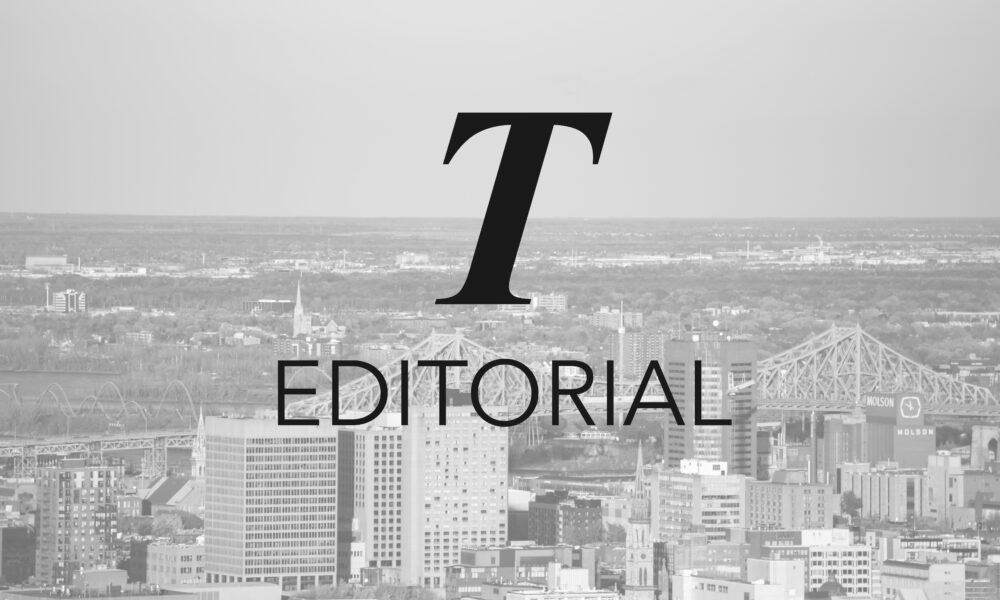Over the past four weeks, Jewish, Israeli, and Palestinian students, community members and allies have demonstrated on the McGill campus. On Oct. 7, Hamas launched an unprecedented attack killing over 1,400 Israelis and taking over 200 hostages. In a brutal response consisting of airstrikes, ground incursions, and a siege on Gaza, Israel has killed over 10,000 Palestinians and displaced over 1.5 million people according to the Associated Press and Al Jazeera. While some students have gathered and expressed solidarity in support of peace and liberation, others have felt polarized and unsafe on campus. The McGill administration has sent out multiple communications to students and staff acknowledging the rising conflict, expressing condolences, and urging the community to act safely. However, these top-down communications that call for “compassion, inclusivity, and respect” do not provide students the networks of care that they need.
McGill has not provided any additional resources or accommodations for students affected, prompting many to draw contrasts with McGill’s response to Russia’s invasion of Ukraine. The McGill administration must afford Palestinian, Israeli, Arab, and Jewish students the same level of institutional support. The administration has not taken action against the Islamophobia and antisemitism legislated through Bill 21 and in early 2022, the university overturned the vote for the Palestine Solidarity Policy. The university decides when it can be political—when it can mobilize humanitarian relief initiatives, financial aid, and academic accommodations. Refraining to act out of fear is a weak excuse.
With many students turning to virtual sites to express their grief and opinions, social media must remain a vibrant space of activism and conversation rather than a place for circulating harm and disinformation. Social media is vital for building solidarity and the sharing of information as many mainstream news outlets have consolidated their underlying pro-war narratives. However, there is an unfair expectation for students directly impacted by the conflict to be vocal, to speak out immediately, loudly, and frequently on their platforms. Such pressure does not allow those most deeply impacted to process their trauma and does not recognize that now is a time of both anger and grief. Amidst rampant censorship, disinformation and the Israeli government shutting off electricity in Gaza, social media allows loved ones and kin to stay in touch and journalists to remain active on the ground. Our patience and compassion online goes hand in hand with care, consciousness-raising, and building peace.
Student groups on campus, such as Solidarity for Palestinian Human Rights (SPHR) McGill, have been particularly vocal on the violence taking place in Israel and Palestine. In a since-deleted social media post, SPHR McGill referred to the Hamas’ attack on Israel as “heroic,” prompting Provost and Vice-Principal (Academic) Christopher Manfredi to condemn SPHR McGill’s post and revoke the club’s permission to use the McGill name, claiming it was non-compliant with the terms of the Memorandum of Agreement. The university has the responsibility to condemn such violent rhetoric and was right in doing so. However, their decision to revoke SPHR McGill’s association with the university without first discussing with the student group itself is misguided. Without acknowledging their own complicity in settler colonialism here and abroad, McGill’s reactionary response neglects SPHR McGill’s diversity and ignores their historic function as a network of support and solidarity for the many students grieving.
Before making decisions about SPHR McGill’s status on campus, the administration must proactively engage in dialogue with the group members. McGill can neither exacerbate the burden of providing care that many students already bear nor enact more violence onto Palestinian, Jewish, Muslim, Israeli, and Arab students. The administration must work to preserve existing student communities and actively engage with them to create thorough and effective services and institutions.
At all levels, our campus must engage in the difficult work toward collective liberation. The McGill administration must use its institutional power to call for a ceasefire. Many members of the university’s students, staff, and faculty are under crisis and it is imperative that the university works cohesively with and practices care for deeply affected communities. Although polarized, McGill’s student body has shown and will show that solidarity, peaceful demonstration, and fruitful and compassionate conversation amongst peers is possible.
Copy Editor Matt Adelberg abstained from this editorial.









